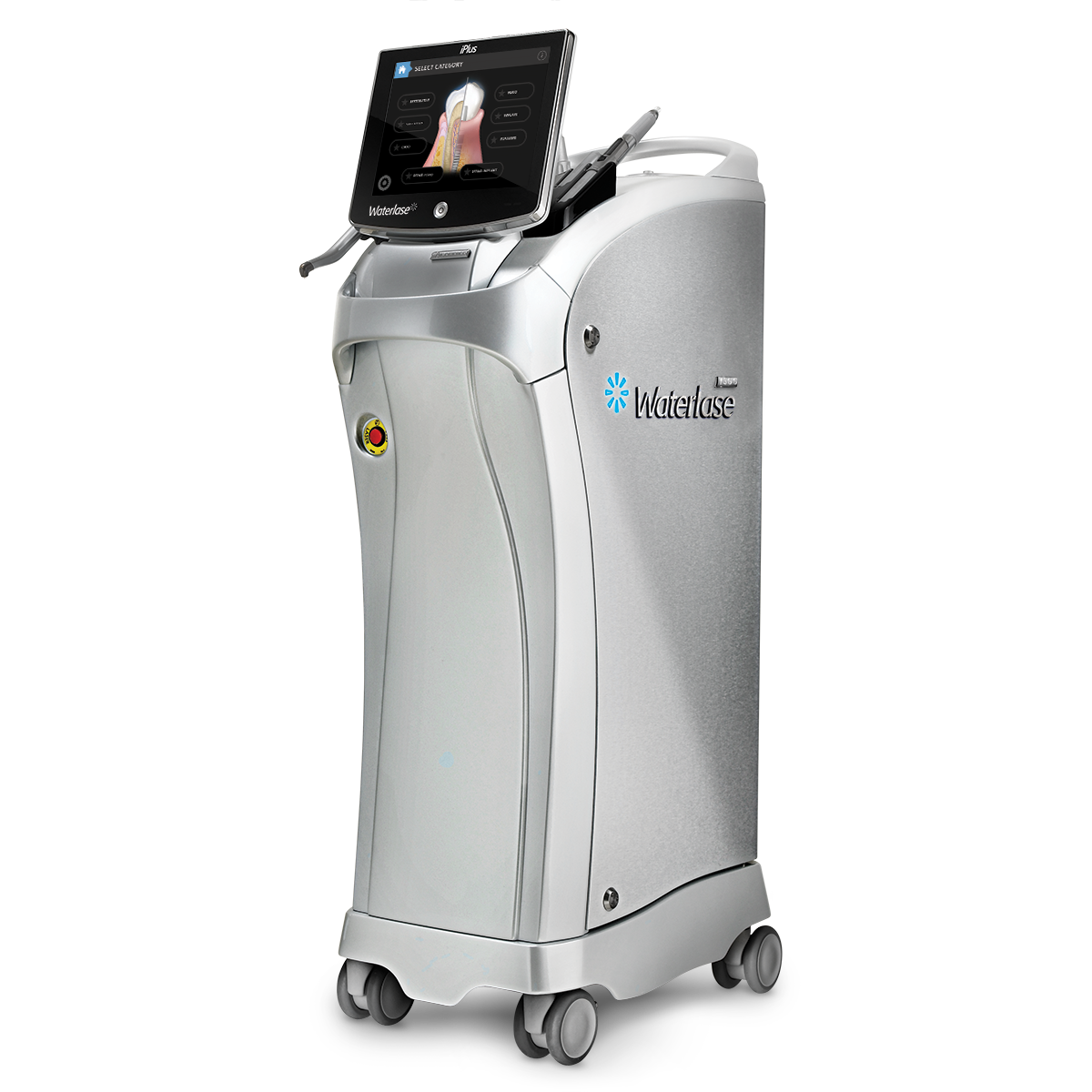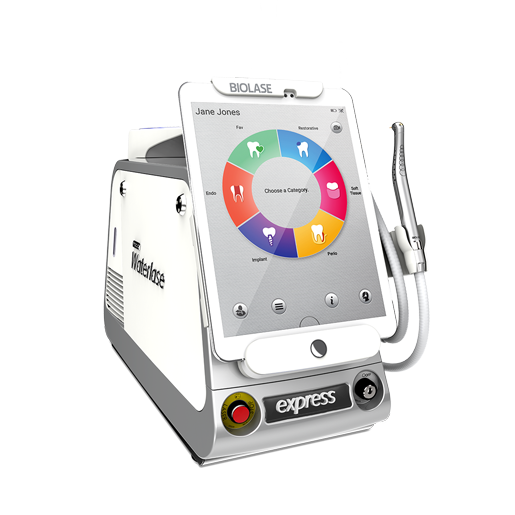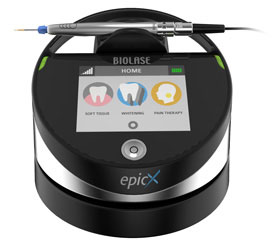Discover the causes of sensitive teeth, the symptoms and some practical rememdies.
Ouch! You were ready to enjoy the first bite of that sweet, delicious, ice-cold ice cream, but when you did, you suddenly remembered that your teeth were sensitive to the cold. In your case, you might be able to enjoy your dessert once it warms up, but for many people, they may have to avoid ice cream altogether. Whether it’s cold, hot, or other types of foods, having sensitive teeth can put a damper on eating, and could even be downright painful. You get sensitive teeth when the softer part of your tooth, called dentin, that lies under your enamel gradually yet eventually becomes exposed. The dentin contains nerve endings that will cause you to experience discomfort or pain when they come into contact with any food or drinks that are hot, cold, and in the case of ice cream and other desserts, sweet.
But what causes dentin to become exposed? Here are some common ways this can happen:
- You brush too hard: When the dentin is already exposed, brushing hard will simply make your teeth hurt even more.
- You grind your teeth: Clenching your teeth can wear down your enamel, exposing the dentin underneath.
- Your gums are receding: Because more of the dentin is exposed for each tooth, receding gums can also cause tooth sensitivity.
- You have gingivitis: Gingivitis can trigger receding gums, which can expose more dentin.
However, you don’t have to give up goodies like ice cream forever. You can prevent or minimize tooth sensitivity, or the rate of its onset, by following the tips below:
- Buy a softer toothbrush: A hard toothbrush can exacerbate discomfort due to sensitive teeth. Use a softer toothbrush; you can even find ones intended for tooth sensitivity. Ask your dentist for recommendations.
- Don’t brush as hard: You may think that hard brushing can remove even more food particles caught in your teeth, but it can also hurt your teeth even more than they already do. Simply brushing with the proper technique, along with regular flossing, will do the trick.
- Take care of your teeth: Having good oral hygiene can help those with sensitive teeth. In addition to brushing and flossing, eat a well-balanced diet, avoid sugary drinks and sticky snacks, and drink lots of water with fluoride.
- Buy special toothpaste: At your local store, you can find toothpaste created specifically for those with sensitive teeth. Again, ask your dentist for recommendations.
- Stop grinding your teeth: If you grind your teeth, ask your dentist about using a mouth guard at night which will stop this unintentional action.
- Visit your dentist: Finally, seeing your dentist regularly will help you address dental issues, including sensitive teeth. He or she can recommend appropriate products, techniques, and advice specifically for you.
If you notice that you are experiencing sensitive teeth, don’t delay in addressing the issue. By doing so, you can make sure that your teeth stay healthy and maintain better oral hygiene while still enjoying a hot cup of coffee or a sweet treat when you want.



